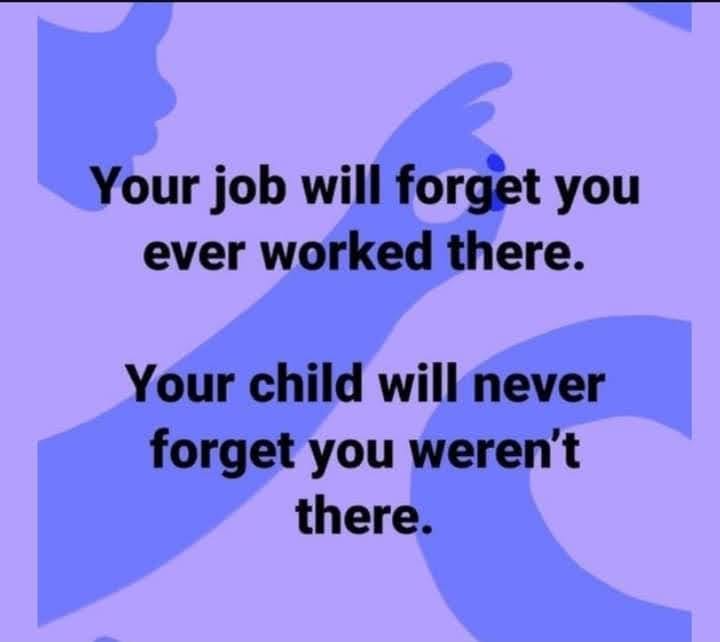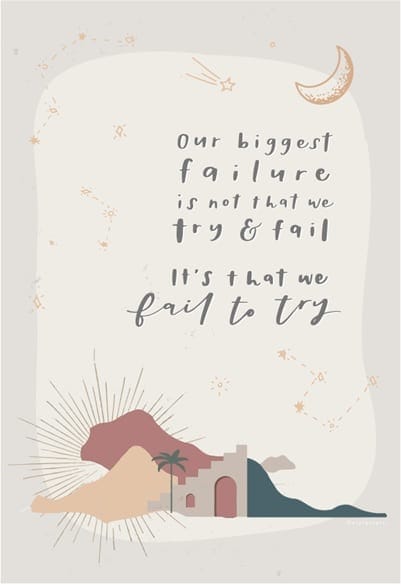How to Parent in a Digital Age
I struggle to help the parents I work with.
As a social worker, I have worked with a number of parents who struggle to parent their children in a digital age.
- They do not know how to get their kids off the phone.
- Or they don’t understand why their kids seem so disrespectful these days.
- Or they struggle to understand why their kids behave the way they do.
- They don’t know why their kids hate Chinese!
It doesn’t help that I’m not a parent myself.
In one conversation I had, I was advising a parenting on how to manage her child’s behaviours.
I’m sorry, but are you a parent yourself?
I stopped. I find myself struggling to know what to say next. I’m not.
But you don’t have to be poor, to help poor people. It helps to have had a similar experience, but it’s not a be-all and end-all.
That being said, I wanted to know more about parenting in a digital age. So I spoke to Stephen Yeo, the founder of parentsguide.asia, a website devoted to helping parents make better choices in their children’s education.
Here’s what I learnt.
There’s no how-to manual for parenting.
Let’s face it. There’s so much advice out there about parenting. It doesn’t help that some of the advice is contradictory.
Take the example of screen time. There’s research that says screen time is good, then other research insists that screen time is very harmful!
Which do you follow? Which do you listen to?
Then in recent times, there’s been a wave on positive parenting. Say nice things to your child. Everyone gets a trophy.
Stephen says something that strikes me.
What’s wrong with being a sore loser?
If you celebrate the child at every moment, what happens when they face their first setback? That brings us to our first lesson.
No child comes out the same. That’s why some methods work great. Others don’t. You’ve probably experienced the same in your family. If you have more than one child, what worked for the first probably doesn’t work for the second!
What matters more is your relationship with your child. There’s no substitute for time in the relationship. You can give your child great gifts for doing well.
Then Stephen reminds me,
Giving your child doesn’t need to be materialistic. It can be something intangible.
When was the last time you spent time with your child, and explored how his life was? One parent recently shared with me about he got his teenage children to open up. He stopped work at 5pm, so that he could have dinner with his children. Dinner became a ritual. You couldn’t skip it.
Then he saw his children begin to share about their day, what happened in school. He heard stories of friends, learnt the latest teen lingo, and discovered apps like Instagram.
There’s no substitute for quality time.
Sure, you can give your child the phone in the restaurant so that you can enjoy your meal. But think. Does your child spend more quality time with his phone than with his parent?
Yes, we all don’t have time.

But Stephen adds,
If you feel it’s important, you will give time to it.
What’s important to you?
Some methods can help. These are adapted from Nir Eyal’s great book, Indistractable.
Firstly, if it’s possible, hold off the phone until your child is more mature.
Secondly, teach your child about responsible usage. Show them how to use precommitments by talking to your child about what is reasonable amount of time to spend on the phone. Demonstrate to them the use of Screen Time (on iOS) to monitor their usage. Children can be rational. But they need a parent to take them through that rational process about why limits are necessary, how phones can be harmful, and how they can control their own usage.
Thirdly, think about how you model to your child. Can you control your own device usage? Or are you on the phone at every available moment? If you can’t control yourself, you can’t expect to set a good role model to your child.
Fourthly, give children healthier alternatives. If you are expecting your child to sit at home bored whilst you take away their phone, you’re not helping. Are there healthy alternatives you can explore? Take them to the park, play board games with them, play badminton.

Sure, you might get your work done. But your children never grow younger.
One day, they will walk out of that door, never to return.
And you will wonder where all those years went.
Education is intertwined with parenting.
I have a confession to make. I came from an elite school. Yes, it’s one of those schools, with fancy curriculum, swimming pools, and large campuses.
I hated it.
Moving from a neighbourhood school to an elite school was a big jump. For one, everyone’s parents had cars. But the thing that affected me most was the loss of time. We were now chock-full of activities. Conferences, CCAs, CIP.
There were days when I would wake at 6am, and come home at 8pm. Later than my father, who had a full-time job.
Then there were the tuition classes. Before I knew it, studying became a 7-day job.
When I moved to the UK for university, suddenly all that time pressure was gone.
I found myself having time to be bored. No need to cram activity after activity.
I went to the library to read because I was interested, not because it was in the syllabus. I travelled monthly around the UK. I found myself taking weekends off.
I studied because I wanted to, and not because I had to.
As a parent, the greatest gift for your child is that of time.
These days, coding schools are all the rage. After all, who doesn’t want to have a child working for the likes of Google?
Unfortunately, education has become an academic arms race. You arm your child with the best tuition, assessment books, and Brand’s Essence of Chicken.
Who can get a place in that prestigious preschool with Montessori education? Who can get into that coveted primary school? Who can get that degree in medical school?
But is it your competition, or your child’s competition? Does your child even want to take part in this race?
It’s scary to give up this race.
After all, as a parent, you look at your own life.
You might think back about your own failures. A child gives you a chance to rewrite some of that story. You foist your hopes, dreams, and failures onto your child.
The question is: can you?
Stephen asks some good questions.
What happens if your child says, ‘I want to be a YouTuber’?
Did you ever expect a degree graduate to become a Grab driver?
He adds,
Parents advise based on what they know are possible now.
But no one knows what the future will bring.
Rather than adopting a myopic view of future career paths, he suggests:
- Look at the strengths of your child.
- Look at his interests.
- Let them do what they are good at and what they are interested in.
- Ask yourself, “What is your definition of success? Is that your child’s definition of success?”
It will most likely work out.
In the space between skill and interest, lies a niche that only your child can occupy. No one else can. You can’t force your child into that niche. Only he can find that himself.
Do you love your child?
Silly question.
Of course you do. But the question is,
Do you love your child as he or she is?
Or do you love him/her as you are?
Don’t get me wrong. I’m not saying that we should not punish our children when they do something wrong.
Nor am I saying that there’s no place for loving boundaries that state clearly to the child what’s okay and what’s not okay.
What I am saying is to love the child’s being. To separate the behaviour from the being.
Your child might exhibit difficult behaviours as they grow up. Sometimes, it’s painful to watch because they remind you so much of…
Yourself.
So the question to also ask is:
Do you love yourself?
For if you do, you continue to give out of a never-flowing well of love for your child. If you don’t, you find it difficult to love someone so imperfect. Someone who’s growing, struggling, and learning.
Have a time out regularly. Do things for yourself. Take time to celebrate your progress.
Take the time to restore your vial of love from time to time.
No parent is perfect.
Parenting is a journey of a lifetime.
When I was younger, I struggled deeply with my mental health. As I walked out of the Institute of Mental Health (IMH) one night, my dad squeezed his arms around my shoulder and said,
John, it doesn’t matter if you have straight A-s or no A-s. I still love you.
No parent is perfect. You aren’t perfect.
Parenting in the digital age has no perfect answers.
But it’s first about loving your child and building a good relationship with your child. And recognising that you are going to fail.
But it’s much better to have tried and failed, than to have failed to try at all.
Last Updated on 16 September 2024

John is a registered social worker who has worked with hundreds of parents at a Family Service Centre, and is the author behind Take Heart, which helps young people better deal with their emotions.






